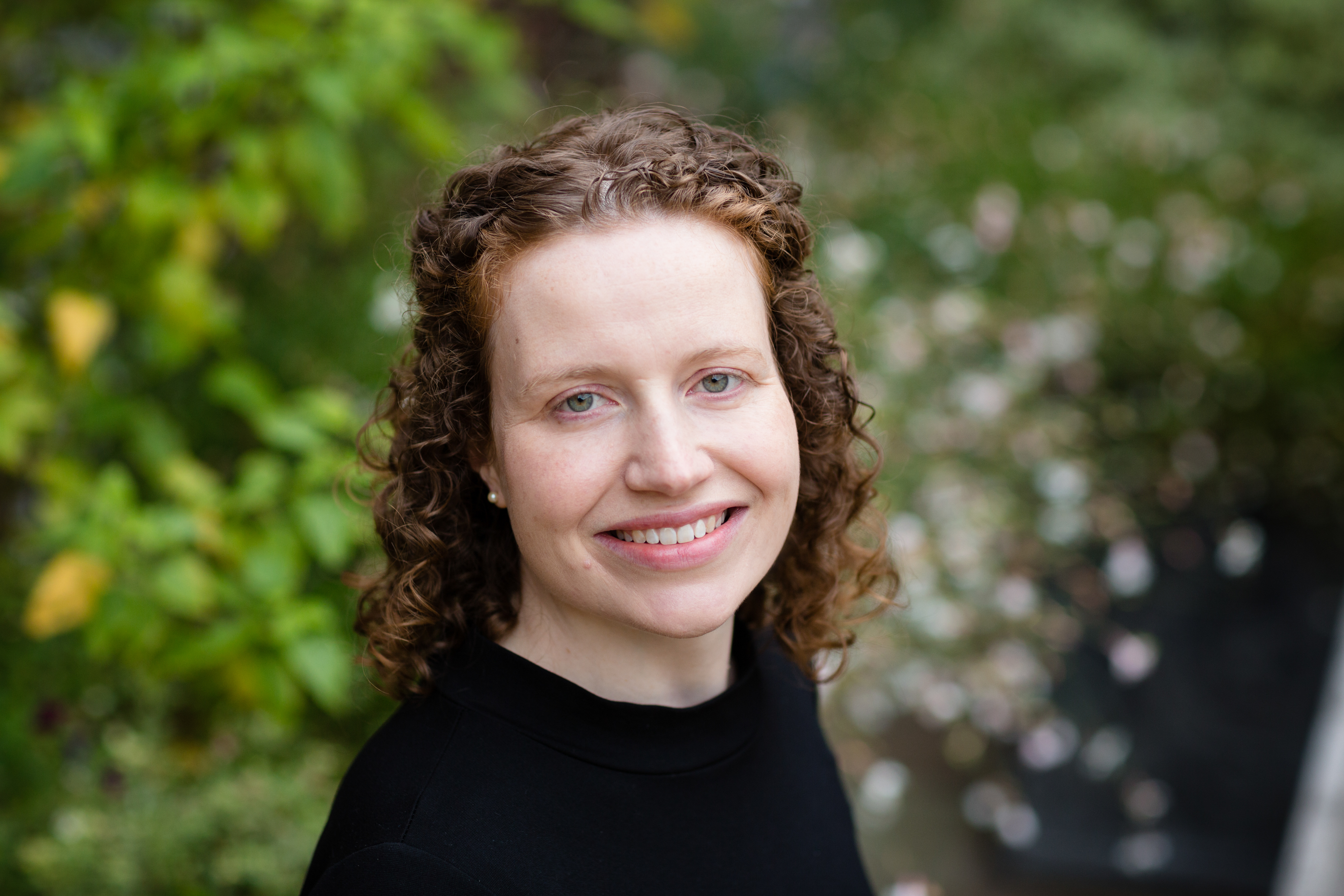Stefanie Wilkins
Barrister, South Square
Stefanie completed the BCL in 2009 with distinction, and after five years in practice in Australia, returned to do a DPhil on the purposes and objectives of litigation funding. She has sinced qualified as a barrister in England and Wales, joning South Square in 2017.

BCL and DPhil alumna Stefanie Wilkins
I completed my undergraduate studies – a double-degree in civil engineering and law – at the University of Adelaide. I then spent two years working as an Associate (clerk) to a judge in the Supreme Court of South Australia. I came to Oxford to do the BCL, and then returned to Australia to work at a leading firm specialising in insolvency and commercial litigation. I spent about five years in practice before deciding I was ready for a different challenge, and I returned to Oxford in 2014 to commence a DPhil on the topic of third party litigation funding. Since then, I have qualified as a barrister in England and Wales, completed pupillage and joined chambers in London – I now practice at South Square, in insolvency and commercial litigation. I co-authored Zuckerman on Australian Civil Procedure with my supervisor and others. I have also had periods of maternity leave when my two daughters were born.
What attracted you to a career in Law?
I enjoy the intellectual challenge. Every day is different, and it is very rare to be bored. It is a job where the first and last days of your career can be very different. This is what drew me to a career in law, and I am pleased to say that it has proved to be accurate – I have done a variety of things in my career.
What aspects of your law degree have proved to be the most useful in your career so far?
The BCL really challenged me to think about the law in a different way, and to question the assumptions or beliefs I had held previously. When addressing difficult problems, I still find myself applying the same techniques of thinking through the challenges which I learnt during my studies. More practically, I have found that the volume and quality of work which was required during the BCL was good preparation for practice.
What did you enjoy most when studying law at Oxford?
There was always an enormous range of things going on in Oxford in addition to my studies – ranging from discussion groups in the Law Faculty, to talks by eminent visitors to Oxford, to events in College and in clubs and societies. There was never a dull moment, and I felt that I was constantly meeting people who were doing fascinating things in a wide range of fields.
What has been the biggest challenge in your career to date?
I would say that I – like many other lawyers – have a tendency to over-commit. It is often very hard to say no to interesting projects, whether at work, or opportunities to write book chapters or journal articles, or to speak at events. My observation is that this is a very common dilemma amongst lawyers, and one that can only be cured by prioritisation, and feeling comfortable in saying “no”.
What is your specialism, and would you recommend it to current Law students?
My advice to current law students is to follow their interests, which will of course be individual. You will hopefully have a long career in law, and it will be so much more rewarding and enjoyable if you are passionate about what you are doing. To that end, my advice is to try and find out as much as possible about different careers in law before committing to a particular course.
I think it is also fair to say that different careers in law have different practical advantages and disadvantages – a career at the bar, for example, can involve unsocial hours and be somewhat unpredictable, but on the other hand there is also the flexibility of self-employment. I would therefore also advise students to consider, in this broader sense, what they want from a career in choosing amongst the available paths.
This year we continue to celebrate 100 years of women in law, what issues still need to be addressed?
It is unquestionable that combining legal practice with parenting responsibilities is a very difficult challenge. I am very fortunate that my husband does far more than his fair share. I think it is unfortunate that conversations about flexible work, and accommodating family responsibilities, often treat these as women’s issues. The reality for many families is that both parents have a career, and both men and women may want or need some degree of flexibility at different points. I think we, as lawyers, still have a long way to go in accommodating this.
What advice would you give to someone considering studying Law at Oxford?
Oxford is a wonderful place to live and study, and the Law Faculty is exemplary. I would recommend studying in Oxford without hesitation!
The BCL really challenged me to think about the law in a different way, and to question the assumptions or beliefs I had held previously.


